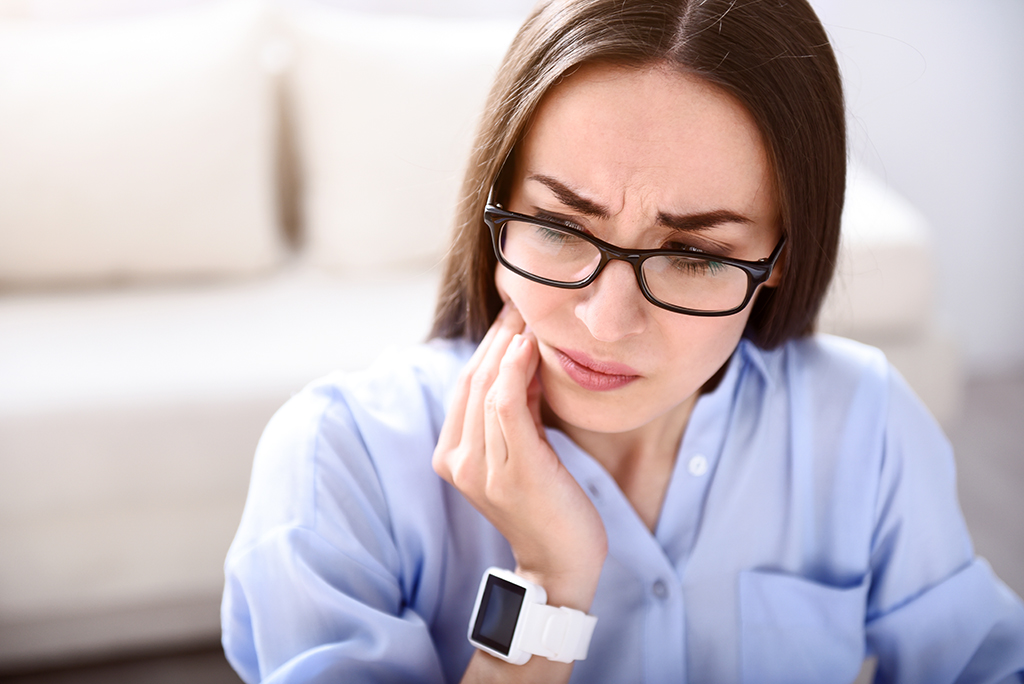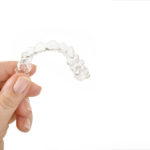Bruxism – A Real Kick in the Teeth
Bruxism, also known as the grinding and or clenching of your teeth, is a common yet sincerely frustrating and painful condition. Left untreated, it can also lead to unnecessary further complications such as TMJ (Temporomandibular Joint Disorders) along with pain and discomfort in other areas, causing headaches, facial pain and discomfort when eating or drinking.
There are a variety of causes for Bruxism, and the symptoms experienced can be brought on by anything from bad nutrition and unhealthy sleep habits to overwhelming physical and emotional stress. The severity and duration of Bruxism can vary in each person depending on individual circumstances, but overall… the treatment is usually simple for the vast majority of cases.
Causes of Bruxism may include:
- Current or anticipated stress. People who experience stress, both physically and emotionally tend to carry that tension to bed causing them to grind, gnash or clench at night
- Suppressed anger, frustration and aggression
- Misaligned upper and lower teeth (malocclusion). Although there is no conclusive reason as to why malocclusion may cause Bruxism, doctors have found that it is prevalent among some sufferers
- Those experiencing depressive or anxiety based disorders are also more likely to suffer Bruxism, and although very uncommon, medications used to treat these conditions can sometimes be an unlikely contributor towards Bruxism
- Sleep disorders such as insomnia, parasomnia and nightmares / terrors
- Bruxism can be a result of complications stemming from Huntington’s or Parkinson’s Disease
- Stimulating substances such as caffeinated drinks / food, alcohol, and drugs including methamphetamine and ecstasy may increase the risk of Bruxism
- Age; Bruxism is extremely common in children, and typically reduces fully by adolescence
Here are some of the symptoms to look out for:
- Grinding sounds at night
- Dull headaches, especially in the morning
- Tight, tired or painful jaw muscles
- Worn down, flattened, fractured or chipped teeth
- Tooth sensitivity towards hot, cold or sweet foods / drinks
- Anxiety, stress or tension
- Eating disorders
- Depression
- Facial pain
- Insomnia
- Earache
So what can you do if you’re experiencing these symptoms?
Figuring out the source of your pain is the first step to resolving it. Bruxism caused by physical and emotional stress is often a case of making a few small yet effective changes to your lifestyle or routine such as:
- Creating a relaxing night time routine, suggestions include light yoga, a warm bath, or herbal tea. Some people say placing a warm cloth or towel over their jaw helps to reduce grinding and clenching whilst also soothing any existing tension.
- Reducing your intake of stimulating substances
Depending on the severity of your case, your dentist may give you a mouthguard to wear at night.
Should your Bruxism be caused by something not so easily resolved, or if you think you may already have some dental damage / further complications – please contact us to request an appointment with our friendly, experienced and informative team. During your appointment we will examine you, and discuss the best treatment option, so you leave with a genuine (and painless) smile.






